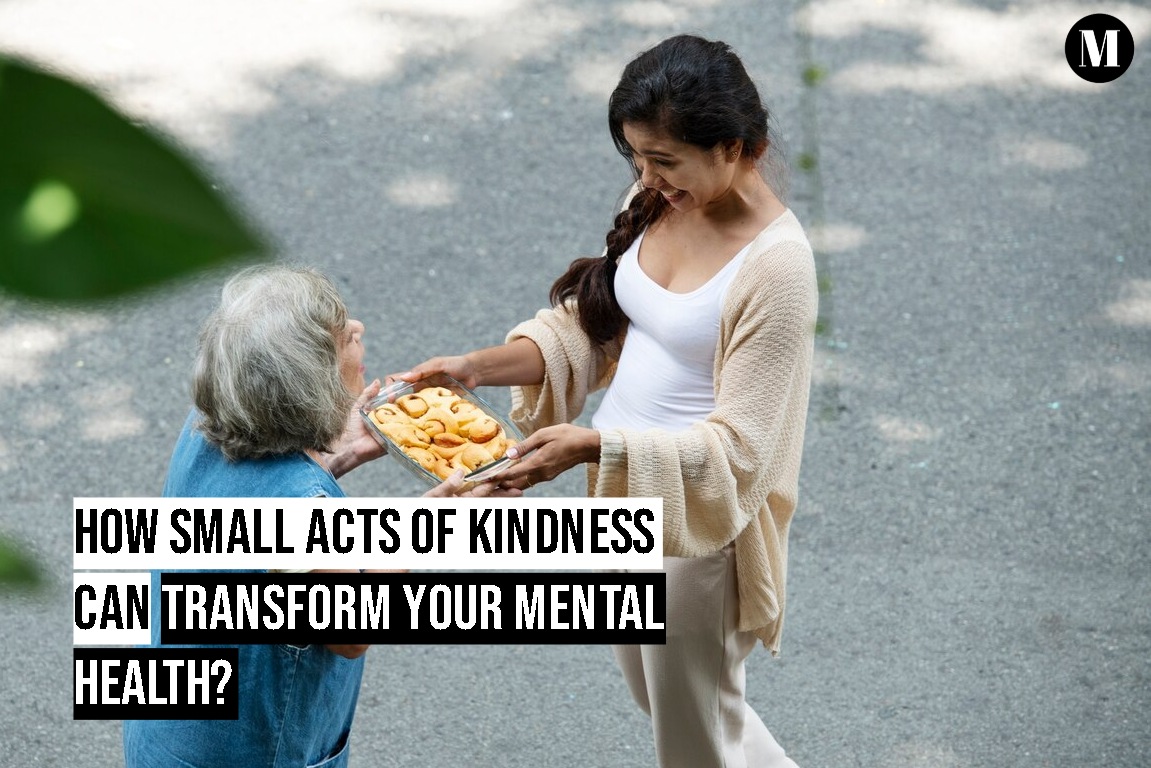Kindness is often seen as a simple, selfless act, but its effects go far beyond just making someone else’s day a little better. Research has shown that practicing kindness can significantly improve mental health, reducing stress, boosting happiness, and even lowering symptoms of anxiety and depression. The best part? It doesn’t take grand gestures; small, everyday acts of kindness can have a profound impact on your well-being.
The Science Behind Kindness and Mental Health
When you perform an act of kindness, your brain releases feel-good chemicals like dopamine, serotonin, and oxytocin. These neurotransmitters are responsible for feelings of happiness and connection. This chemical reaction is often referred to as the “helper’s high,” a sense of joy and fulfillment that comes from doing something positive for others.
Studies have also found that kindness reduces cortisol, the hormone associated with stress. Engaging in acts of generosity can lower blood pressure, improve heart health, and even boost your immune system. By simply making kindness a habit, you’re not just improving someone else’s lifeyo, u’re also improving your own physical and mental health.
How Kindness Reduces Stress and Anxiety

Many people struggle with stress and anxiety, often feeling overwhelmed by daily responsibilities. Practicing kindness shifts your focus from your own worries to the well-being of others, which can provide a sense of purpose and connection. When you help someone in need, your brain perceives it as a rewarding experience, naturally easing feelings of stress and worry.
Another benefit of kindness is that it strengthens relationships. Whether it’s a simple compliment, helping a coworker, or checking in on a friend, these small gestures build social bonds. Stronger relationships lead to a greater sense of belonging, which is a key factor in mental well-being.
Simple Acts of Kindness That Make a Difference
Kindness doesn’t have to be time-consuming or complicated. Even the smallest actions can have a big impact on both your mental health and the happiness of those around you.
- Give a genuine compliment. A few kind words can boost someone’s confidence and make their day better.
- Send a thoughtful message. A simple text or call to check in on a friend or family member can mean more than you realize.
- Hold the door open for someone. Small courtesies make the world feel friendlier.
- Donate to a cause you care about. Even a small donation can contribute to something meaningful.
- Express gratitude. Thanking someone for their help or support strengthens relationships and promotes positive emotions.
These small, mindful actions create a ripple effect. When someone experiences kindness, they are more likely to pass it on, spreading positivity and improving the overall emotional climate of their environment.
Kindness as a Daily Habit
While kindness is often thought of as a spontaneous act, making it a daily habit can maximize its benefits. Practicing gratitude, engaging in small kind gestures regularly, and being more mindful of how you interact with others can help shift your mindset toward positivity.
Journaling about acts of kindness, both those you’ve done and those you’ve received, can reinforce the emotional rewards of generosity. It serves as a reminder of the good in the world and the positive impact you can have on others.
Small acts of kindness have the power to transform mental health in ways many people don’t realize. By making kindness a regular part of your life, you not only improve your own well-being but also create a more positive and supportive world around you.











